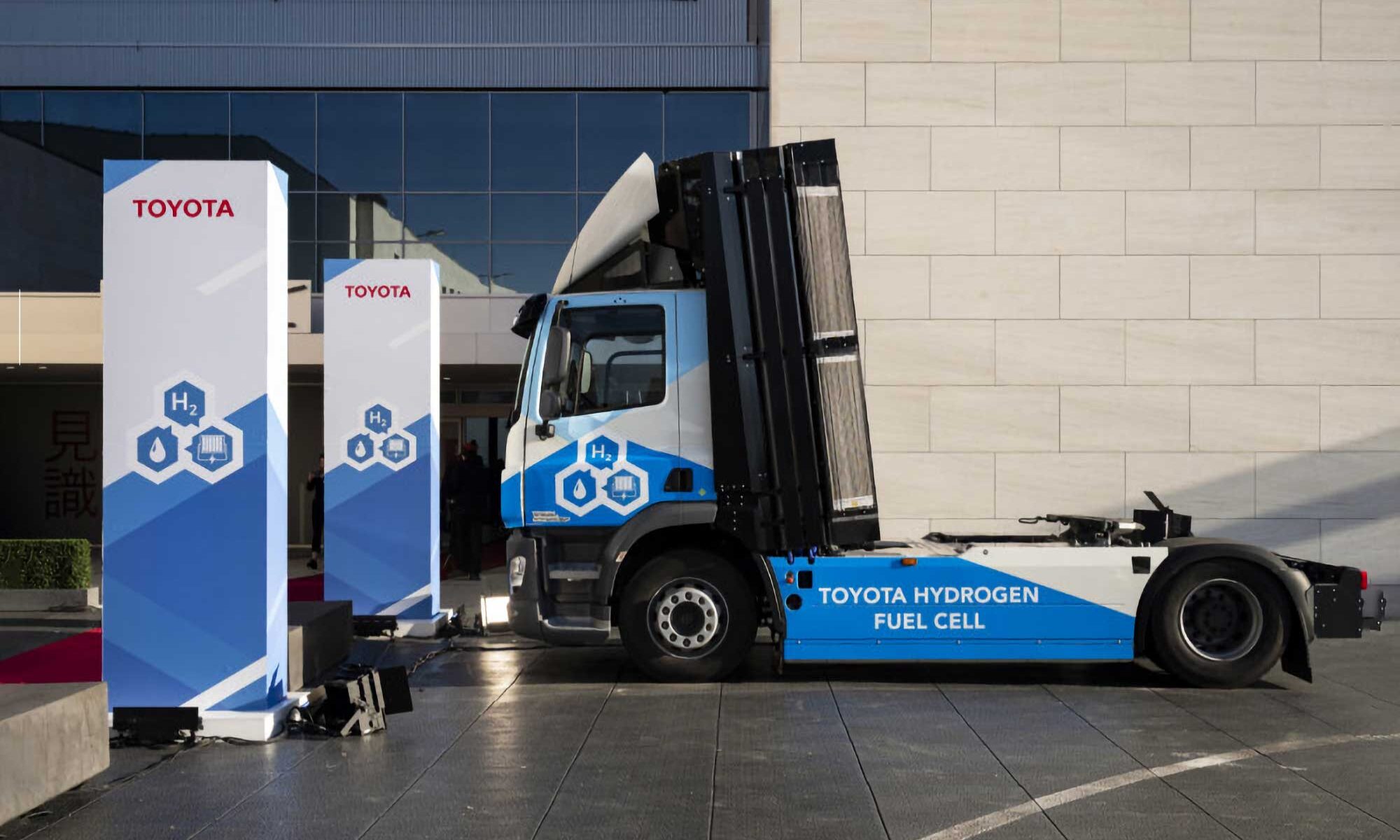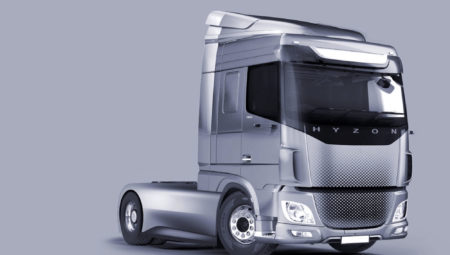The Hydrogen Factory will be responsible for producing an increasing number of fuel cell systems and supporting a widening group of commercial partnerships, in line with the company’s strategy to achieve carbon neutrality in Europe by 2040, ten years ahead of Toyota’s global target.
Toyota expects Europe to be one of the world’s largest hydrogen fuel cell markets by 2030, with steady acceleration of different mobility and power generation applications. Growing investment and regulatory measures are encouraging development and market growth. These include €45 billion investment from the European Commission’s Green Deal by 2027 and the EU’s transport infrastructure fund has awarded 284 million euros – or approximately one third of its budget – for the installation of hydrogen refuelling stations.
The recent confirmation of the Renewable Energy Directive (REDIII) requires 42% of hydrogen used by industry in Europe to derive from sustainable sources by 2030. Along with the plans to build hydrogen filling stations at a minimum 200 km intervals along the region’s TEN-T (trans-European Transport Network) corridors, Europe is positioning itself at the centre of hydrogen technology.
Long-term confidence
“Europe is showing long-term confidence in hydrogen and so do we. We will continue to develop fuel cell passenger cars and other light duty vehicles while we have broadened our focus towards heavy-duty transport to support the expansion of viable hydrogen infrastructure. We aim to further develop and learn through testing in our own network and with partners who share our approach”, said Thiebault Paquet, TME Vice President and Head of Fuel Cell Business.
Toyota’s next-generation hydrogen fuel cell technology is scheduled for sales in 2026. It is expected to have a 20% increase in driving range, whereas technical advances and increased production volumes are expected to help reduce costs by more than a third.
For more information, see Toyota Europe’s website.
Image: Toyota



